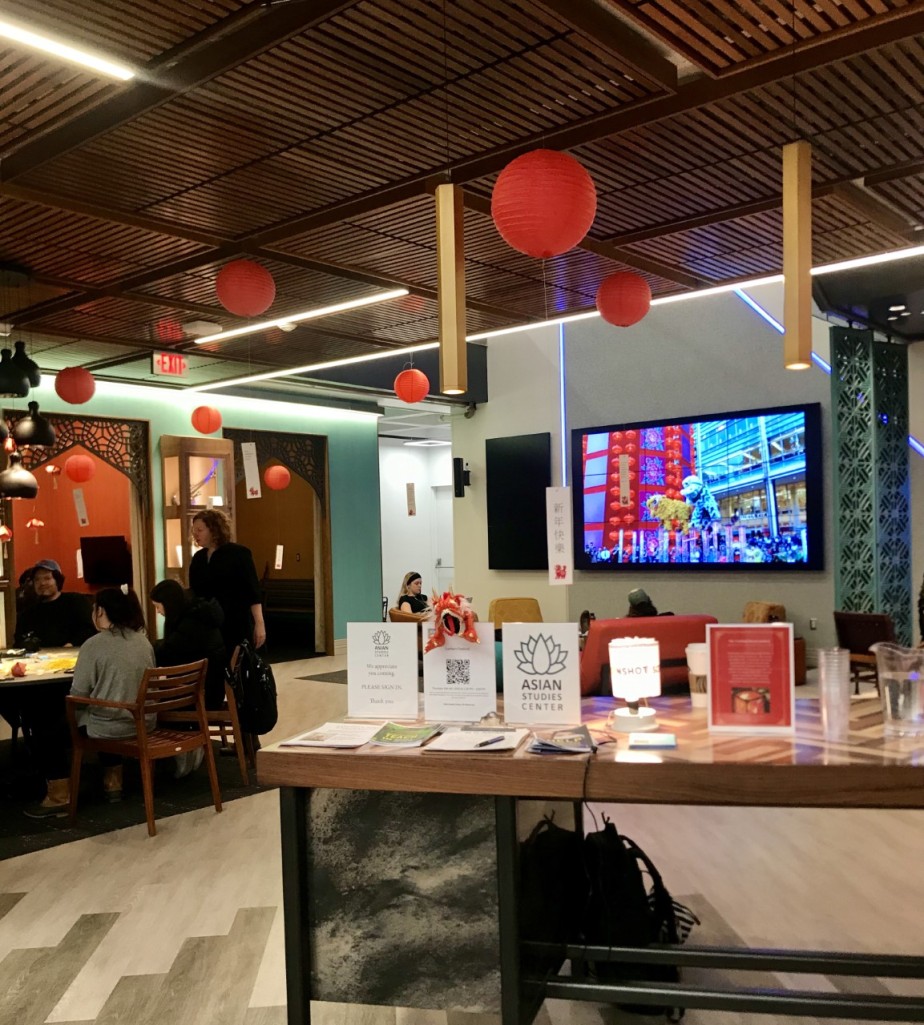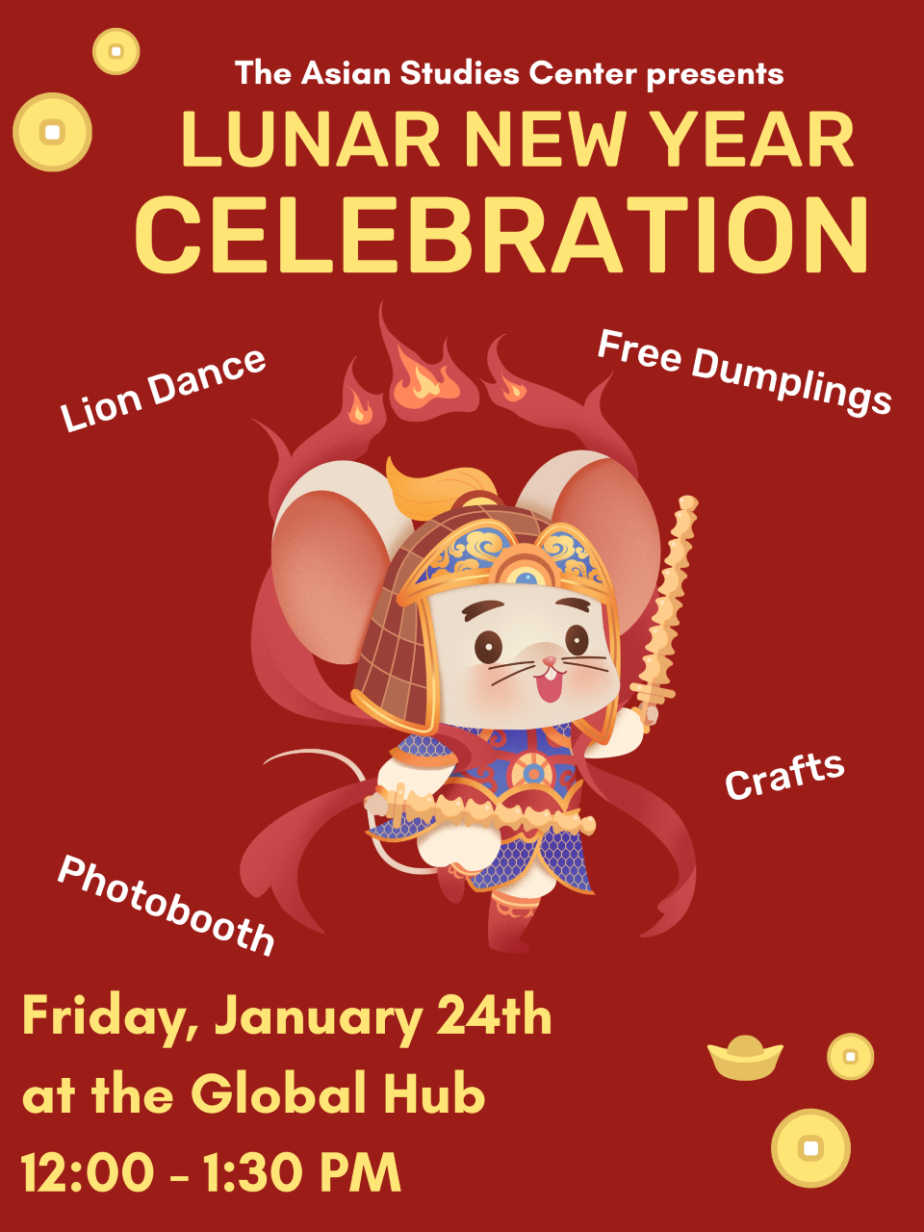By Anthony Gavazzi, Asian Studies Center Global Ambassador

You might be, whether you realize it or not.
What do the courses “Anthropology of Food” and “Introduction to Contemporary Art” have in common? To be frank, almost nothing, but both count towards the fulfillment for an Asian Studies Certificate at Pitt. These two courses aren’t the only surprising finds on the Asian Studies Certificate course list – classes across a wide variety of disciplines, from economics to music, are also accepted. In fact, classes with content related to East Asia, the Indian subcontinent, and the Middle East are all Asian Studies Certificate courses.
Assistant Director of Academic Affairs, Emily Rook-Koepsel, is always open to student suggestions for potential Asian Studies Certificate courses.
“If you take a class and a considerable portion of the content is related to Asia, let me know and we can add that to our list,” she recommends. Plus, students are able to use credits they have already earned for their majors and minors towards their Asian Studies Certificates.
When one thinks of Asian languages, the first that come to mind are typically Chinese, Japanese, and Korean. However, the Asian Studies Center takes a much broader approach to its classification of Asian languages, accepting languages like Hindi, Farsi, and Turkish for the certificate’s language requirement, too. Most of these languages are offered by the Commonly-Less-Taught-Languages Center. The Asian Studies Certificate requires only two years of language study, so students minoring in an Asian language commonly already fulfill the language requirement upon completion of their minor.
If you’re interested in finding out whether or not you’ve been taking Asian Studies courses, or if you’re interested in learning more about the certificate, check out the links below.


